Home>Interior Design>Can Baking Soda Kill Bed Bugs? A Definitive Answer
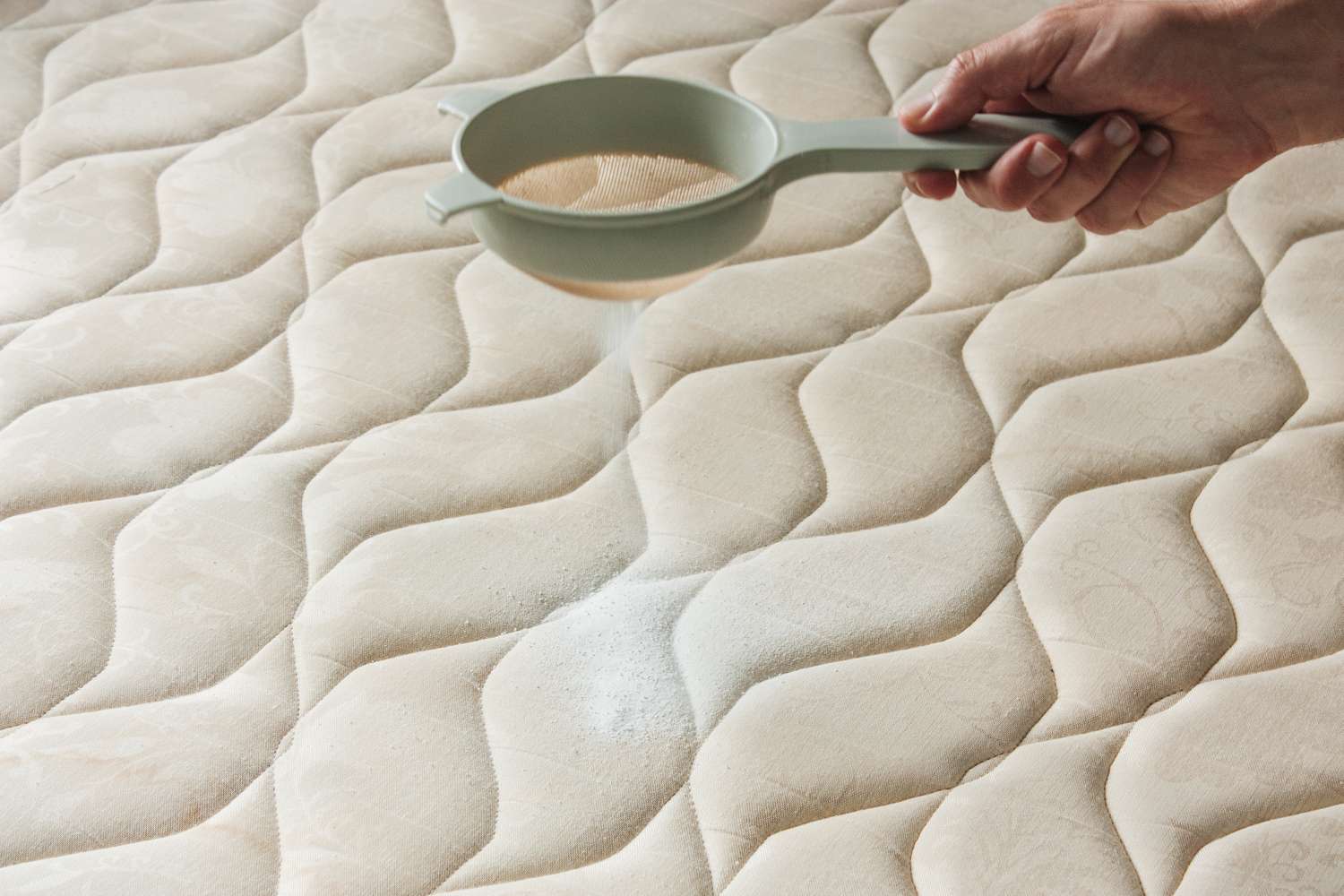

Interior Design
Can Baking Soda Kill Bed Bugs? A Definitive Answer
Modified: September 1, 2024
Discover the truth about using baking soda to eliminate bed bugs in your home. Learn the effectiveness and safety of this natural remedy. Explore more interior design tips and tricks.
(Many of the links in this article redirect to a specific reviewed product. Your purchase of these products through affiliate links helps to generate commission for Storables.com, at no extra cost. Learn more)
Introduction
Bed bugs are a common household pest that can cause great distress and discomfort. These tiny insects, known scientifically as Cimex lectularius, are notorious for their ability to infest mattresses, furniture, and other areas where humans frequent. Dealing with a bed bug infestation can be overwhelming, leading many people to explore various methods to eradicate these pesky critters.
One method that has gained attention for its purported effectiveness is the use of baking soda. Baking soda, also known as sodium bicarbonate, is a versatile household ingredient commonly used in cooking, cleaning, and even personal care routines. It is widely praised for its natural cleaning abilities and its ability to neutralize odors.
But can baking soda really kill bed bugs? In this article, we will examine the claims made about the efficacy of baking soda against bed bugs and explore the scientific evidence behind these claims.
Key Takeaways:
- Baking soda’s effectiveness in killing bed bugs is inconclusive, and it should not be relied upon as the sole treatment method. Professional pest control services and alternative natural remedies offer more reliable solutions.
- While baking soda may have some cleaning properties, its ability to eradicate bed bug infestations is questionable. Consider professional pest control services and alternative methods for more effective bed bug control.
Read more: How To Kill A Bed Bug
Understanding Bed Bugs
Before diving into the effectiveness of baking soda against bed bugs, it’s important to have a basic understanding of these elusive pests. Bed bugs are small, oval-shaped insects that feed on the blood of humans and animals. They are flat, making it easy for them to hide in cracks and crevices, particularly in and around beds and furniture.
Characteristic features of bed bugs include their reddish-brown color and a distinct, oval-shaped body. They have six legs and antennae that they use to navigate their surroundings. While adult bed bugs are visible to the naked eye and measure around 5-7 millimeters in length, the nymphs are much smaller and translucent, making them harder to spot.
Bed bugs are nocturnal creatures, preferring to come out at night to feed on their unsuspecting hosts. They are attracted to the carbon dioxide emitted by humans and the warmth of their bodies. While they do not possess wings, they can crawl quickly and easily across various surfaces, allowing them to infest multiple areas within a home.
Understanding the lifecycle of bed bugs is crucial in combating infestations. The female bed bug lays hundreds of tiny, white eggs in secluded areas such as mattress seams and furniture cracks. These eggs hatch into nymphs, which go through five molts before reaching adulthood. The nymphs require a blood meal between each molt to grow and progress to the next stage.
The lifespan of a bed bug varies depending on various factors, including temperature and availability of food. Under optimal conditions, bed bugs can live up to a year or longer, during which time they can reproduce and multiply rapidly.
Now that we have a basic understanding of these pests, let’s explore the claims and myths surrounding the use of baking soda to eliminate bed bugs.
Baking Soda and its Properties
Before discussing the efficacy of baking soda in killing bed bugs, it’s important to examine the properties and uses of this versatile substance. Baking soda, also known as sodium bicarbonate, is a naturally occurring compound that has been used for centuries in various applications.
From a chemical standpoint, baking soda is a white crystalline powder that is slightly alkaline. It has a pH of around 9, which means it is mildly basic. This alkalinity gives baking soda its unique cleaning properties, as it can effectively break down and neutralize acidic compounds.
In addition to its cleaning abilities, baking soda is also known for its gentle abrasive qualities, making it useful for scrubbing surfaces and removing stains. Its ability to absorb odors is another highly valued characteristic, which is why it’s commonly used in refrigerators and other areas where unwanted smells may accumulate.
When used as a cleaning agent, baking soda works by loosening dirt and grime, while its alkaline nature helps to neutralize acidic substances. This makes it effective in cleaning a wide range of surfaces, from countertops to bathroom fixtures.
However, it’s important to note that baking soda is not a disinfectant or pesticide. While it can help remove surface dirt and odors, it does not possess the same germ-killing properties as chemical disinfectants. Therefore, its effectiveness in killing bed bugs, which are resilient pests, may be limited.
Now that we have a better understanding of baking soda and its properties as a cleaning agent, let’s delve into the claims and myths surrounding its ability to eliminate bed bugs.
Claims and Myths about Baking Soda Killing Bed Bugs
When it comes to using baking soda as a natural remedy for eliminating bed bugs, there have been various claims and myths circulating. Let’s take a closer look at some of the most common claims made about baking soda and bed bug eradication.
1. Baking soda suffocates bed bugs: One claim suggests that baking soda can suffocate bed bugs by clogging their breathing pores. The idea is that when baking soda comes into contact with the bed bugs, it dehydrates them, ultimately leading to their demise.
2. Baking soda destroys the outer shell of bed bugs: Another belief is that baking soda acts as an abrasive substance that can scratch the outer shell of bed bugs. This, in turn, causes their protective exoskeleton to deteriorate, leading to their death.
3. Baking soda repels bed bugs: Some individuals claim that sprinkling baking soda around potential bed bug hiding spots acts as a deterrent, preventing them from infesting those areas.
While these claims sound promising, it’s important to evaluate the effectiveness of baking soda against bed bugs based on scientific evidence and research.
Scientists have conducted studies to investigate the impact of baking soda on bed bugs. However, the findings have been inconclusive, with limited evidence to support the claims surrounding baking soda’s ability to kill or repel bed bugs effectively. In fact, some studies have shown that baking soda alone is not sufficient in eradicating bed bug infestations.
It’s worth noting that bed bugs have developed resistance to many traditional insecticides over time. Therefore, it is unlikely that baking soda, which does not possess insecticidal properties, would be effective in fully eliminating bed bug populations.
While baking soda may have some cleaning and deodorizing benefits, it’s important to approach claims about its ability to kill bed bugs with skepticism. Instead of relying solely on baking soda, it’s advisable to consider alternative bed bug control methods that have been proven to be more effective.
Next, we’ll explore the scientific evidence on the impact of baking soda on bed bugs to gain a better understanding of its efficacy.
Yes, baking soda can help kill bed bugs by dehydrating them. However, it may not be completely effective on its own and should be used in conjunction with other bed bug control methods for best results.
Scientific Evidence on Baking Soda’s Impact on Bed Bugs
Though baking soda has been touted as a natural remedy for eliminating bed bugs, it is crucial to examine the scientific evidence to determine its actual efficacy. Let’s explore the studies conducted on the effectiveness of baking soda against bed bugs and analyze their findings.
Several studies have investigated the impact of baking soda on bed bugs. One study conducted in 2013 aimed to evaluate the potential of various natural substances, including baking soda, in controlling bed bug infestations. The study found that while baking soda caused some mortality among bed bugs, its effectiveness was relatively minimal compared to other treatments.
Another study conducted in 2014 focused on assessing the efficacy of baking soda when used in conjunction with other natural substances. The researchers observed that the combination of baking soda and a silica gel-based powder showed some promise in reducing the population of bed bugs. However, it’s important to note that baking soda alone did not exhibit significant results.
Despite these studies, it’s important to acknowledge the limitations when interpreting the findings. One significant limitation is that these studies primarily focused on contact-based applications. Bed bugs typically seek out crevices and harborages where they are less likely to come into direct contact with substances like baking soda.
Furthermore, bed bugs have developed resistance to various insecticides and natural substances over time. This resistance makes it even more challenging to rely solely on baking soda as an effective treatment. Additionally, bed bug infestations can quickly become widespread, requiring comprehensive and multifaceted approaches to control and eliminate them.
While the scientific evidence on baking soda’s effectiveness against bed bugs is limited and inconclusive, it doesn’t mean that baking soda is entirely useless in addressing bed bug infestations. Baking soda may still have some value as a supplementary tool in a comprehensive bed bug control plan. However, it should not be relied upon as the sole means of eradication.
Now that we have explored the scientific evidence surrounding baking soda and bed bugs, let’s discuss some alternative methods for controlling and eliminating bed bug infestations.
Read more: What Temperature Kills Bed Bugs
Alternative Bed Bug Control Methods
While the effectiveness of baking soda in killing bed bugs may be limited, there are alternative methods that can be more effective in controlling and eliminating bed bug infestations. Let’s explore two primary options: professional pest control services and natural and DIY remedies.
Professional Pest Control Options:
One of the most reliable and efficient ways to address a bed bug problem is to seek professional pest control services. Experienced pest control professionals have the knowledge, expertise, and specialized tools to effectively identify and treat bed bug infestations.
Professional pest control companies often employ a combination of treatments, including chemical insecticides, heat treatments, and steam treatments. These methods are designed to target different stages of the bed bug lifecycle and reach the hidden areas where bed bugs may be hiding.
It’s important to select a reputable pest control company that follows industry standards and regulations. They will conduct a thorough inspection, develop a customized treatment plan, and provide ongoing support to ensure the infestation is completely eradicated.
Natural and DIY Remedies for Bed Bug Elimination:
For those who prefer natural or DIY approaches, there are some remedies that can help in reducing bed bug populations. However, it’s important to note that these methods may not completely eliminate a large infestation, and professional assistance may still be necessary.
Heat treatments: Bed bugs are sensitive to high temperatures, so exposing infested items or areas to heat can be an effective way to kill them. This can be done using steamers or through the washing and drying of infested bedding and clothing on high heat settings.
Vacuuming and cleaning: Regular vacuuming of infested areas can help to physically remove bed bugs and their eggs. Additionally, thorough cleaning and decluttering can help reduce the number of hiding places for the bugs.
Encasements: Encasing mattresses, box springs, and pillows in bed bug-proof encasements can help trap any existing bed bugs inside and prevent new infestations. This method can be used in conjunction with other treatments for better results.
Natural remedies: While baking soda may not be highly effective on its own, there are other natural substances that may have some deterrent effects on bed bugs. These include diatomaceous earth, essential oils (such as lavender and tea tree oil), and neem oil. However, it’s important to note that these natural remedies may only provide temporary relief and should not be relied upon as the sole treatment method.
Remember, when using any DIY approach, it’s crucial to follow instructions carefully and take appropriate safety precautions. If the infestation persists or worsens, it’s advisable to seek professional assistance to fully address the bed bug problem.
Now that we have explored alternative bed bug control methods, let’s summarize the findings and offer some recommendations.
Conclusion
In conclusion, while baking soda has gained popularity as a potential remedy for bed bug elimination, the scientific evidence on its effectiveness is limited and inconclusive. While baking soda may have some cleaning properties, its ability to kill bed bugs and eradicate infestations is questionable.
Instead, if you are dealing with a bed bug infestation, it is recommended to consider alternative methods for bed bug control. Professional pest control services offer the expertise and specialized treatments needed to effectively eliminate bed bugs. They can provide a comprehensive approach tailored to your specific situation.
For those who prefer natural or DIY remedies, it’s important to recognize their limitations. While certain methods like heat treatments, vacuuming, and cleaning can help in reducing bed bug populations, they may not completely eliminate a large infestation. It’s crucial to combine these efforts with other control strategies and consider seeking professional assistance when necessary.
When addressing a potential bed bug issue, it’s important to be proactive and act swiftly. Early detection and intervention can help prevent the infestation from spreading and minimize the need for extensive treatments.
Additionally, practicing good hygiene and cleanliness can help reduce the risk of bed bug infestations. Regularly inspect and clean sleeping areas, wash bedding at high temperatures, and vacuum regularly to minimize the presence of bed bugs and their potential hiding places.
Lastly, it is important to remember that bed bug control is a complex process that may require multiple treatments and ongoing monitoring. Being thorough and diligent in your efforts, and considering professional assistance, will increase the chances of successfully eliminating bed bugs from your home.
By taking a proactive and comprehensive approach, you can effectively address bed bug infestations and create a clean and comfortable environment for yourself and your loved ones.
Frequently Asked Questions about Can Baking Soda Kill Bed Bugs? A Definitive Answer
Was this page helpful?
At Storables.com, we guarantee accurate and reliable information. Our content, validated by Expert Board Contributors, is crafted following stringent Editorial Policies. We're committed to providing you with well-researched, expert-backed insights for all your informational needs.
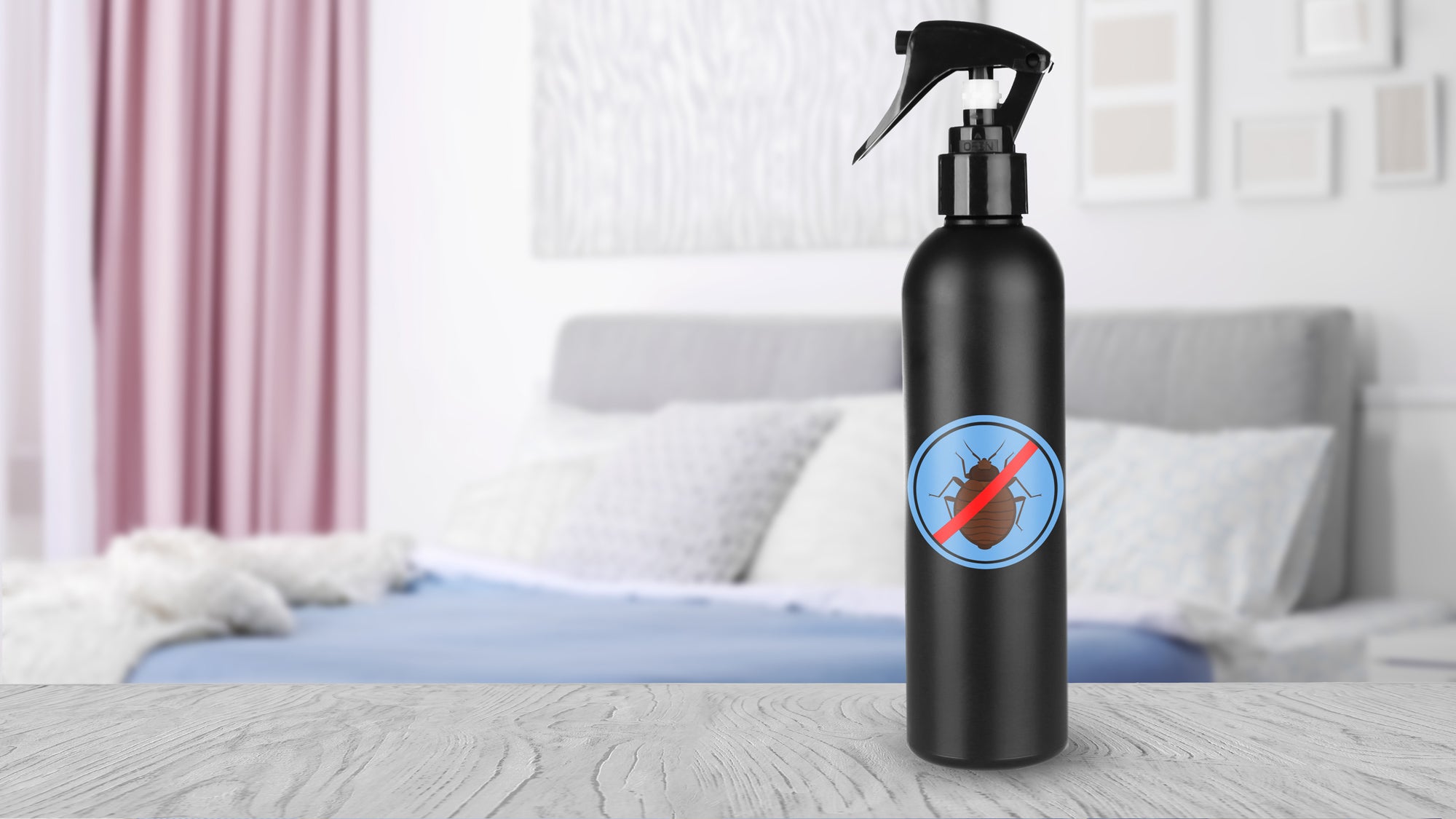
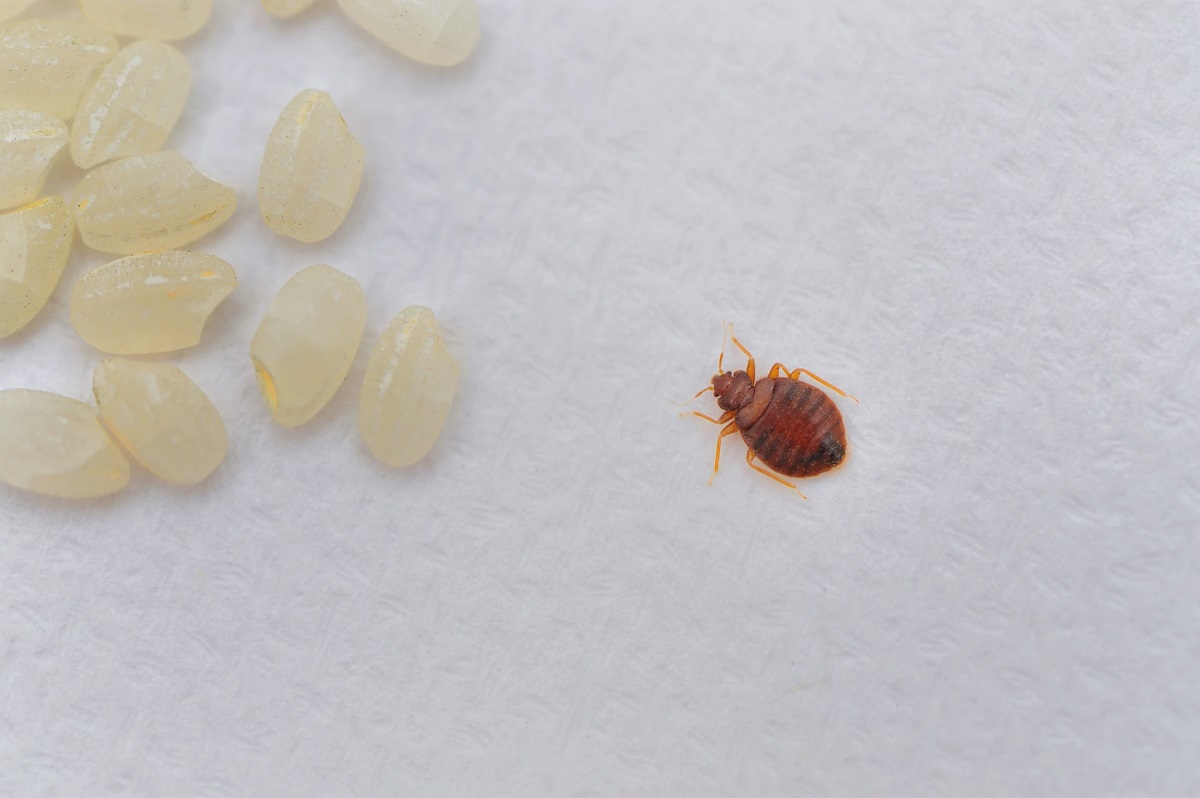
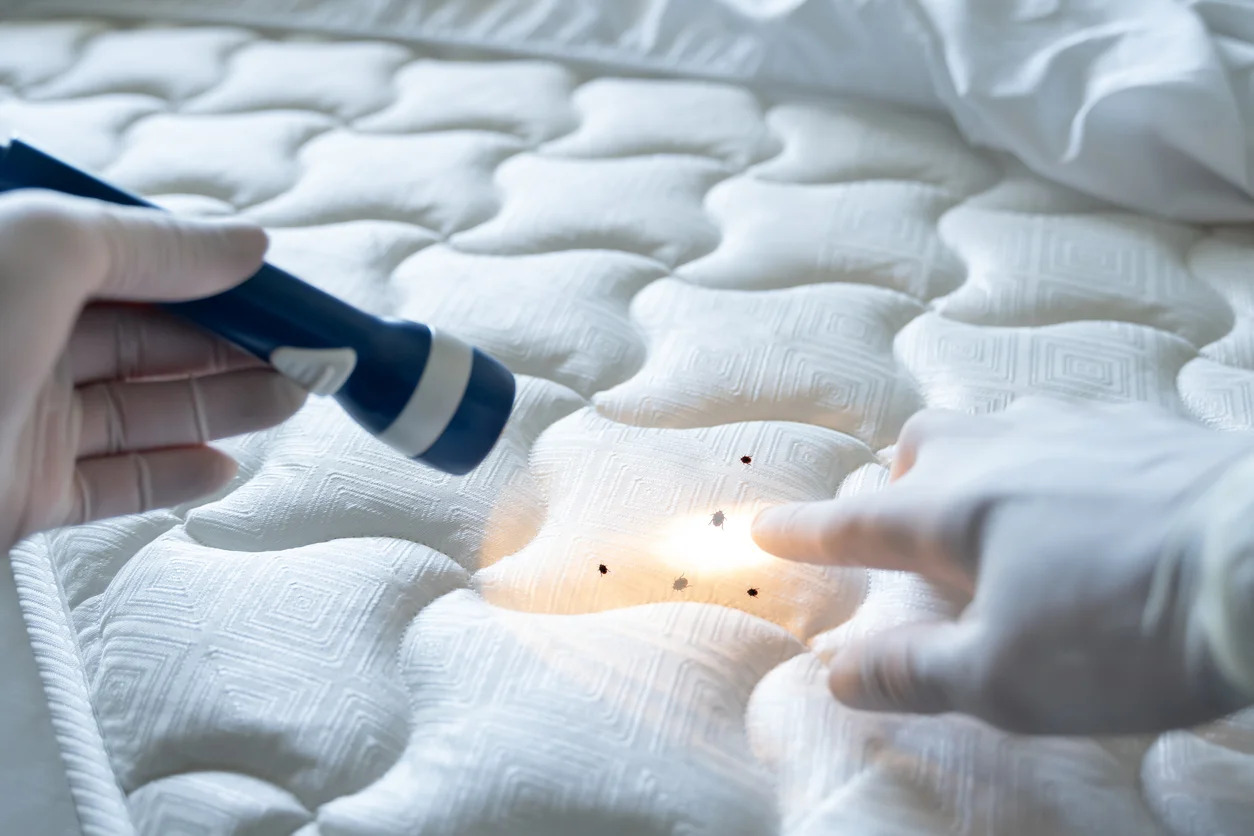
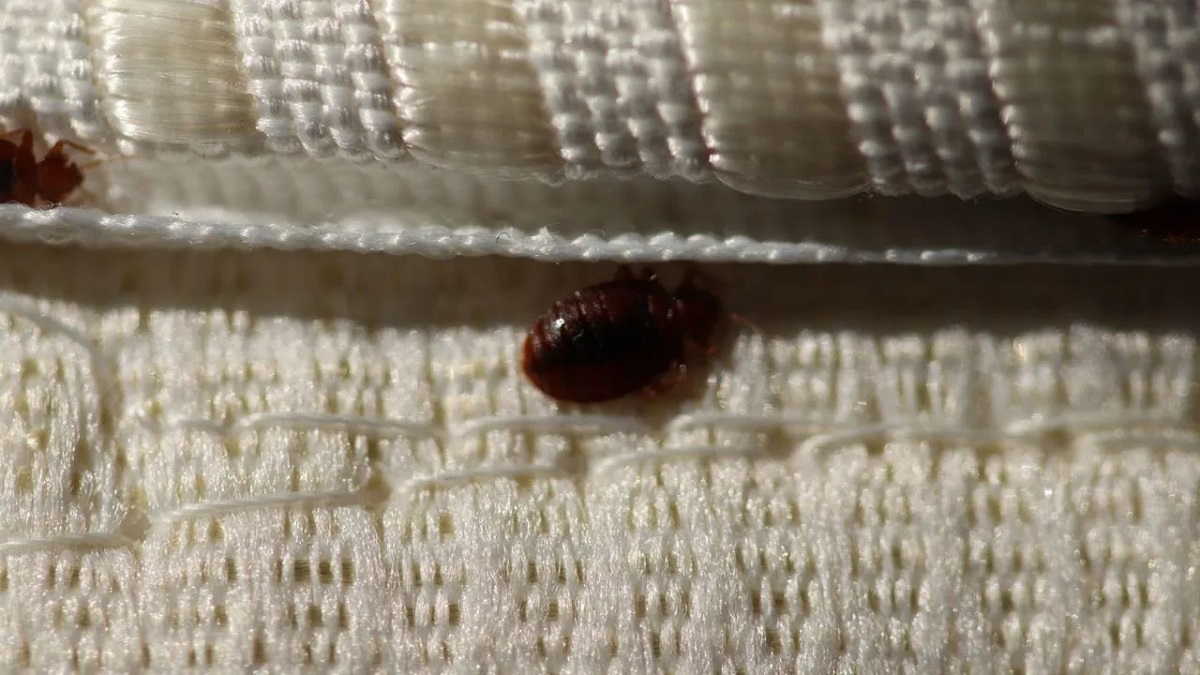
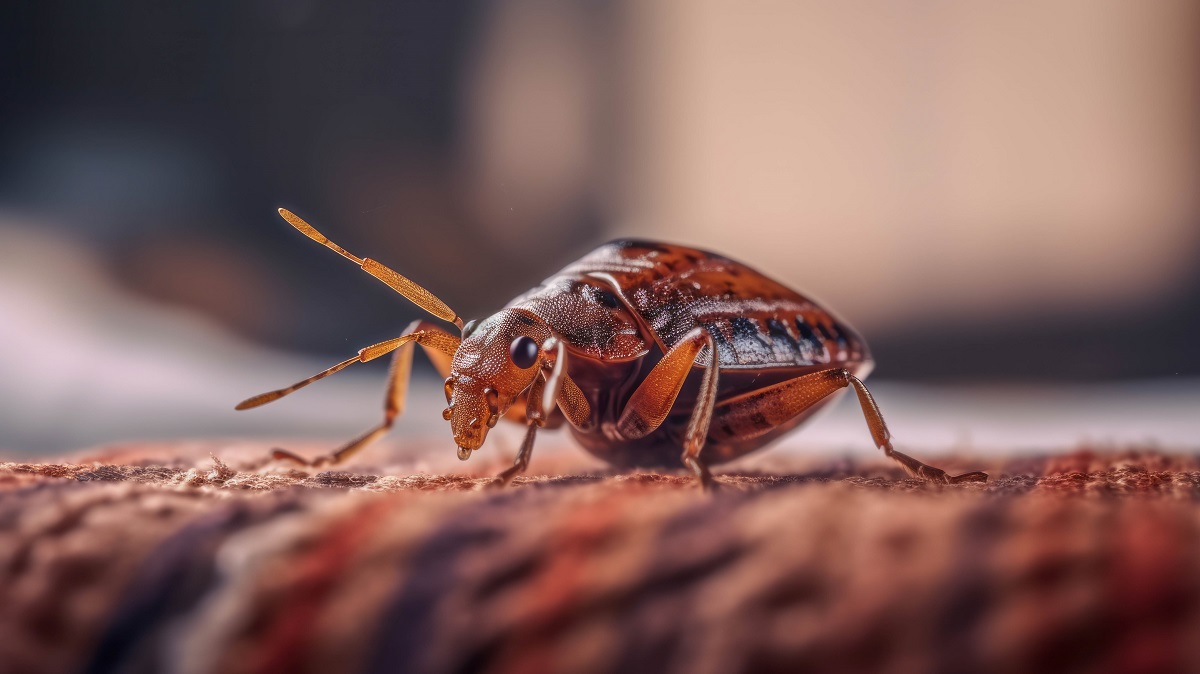

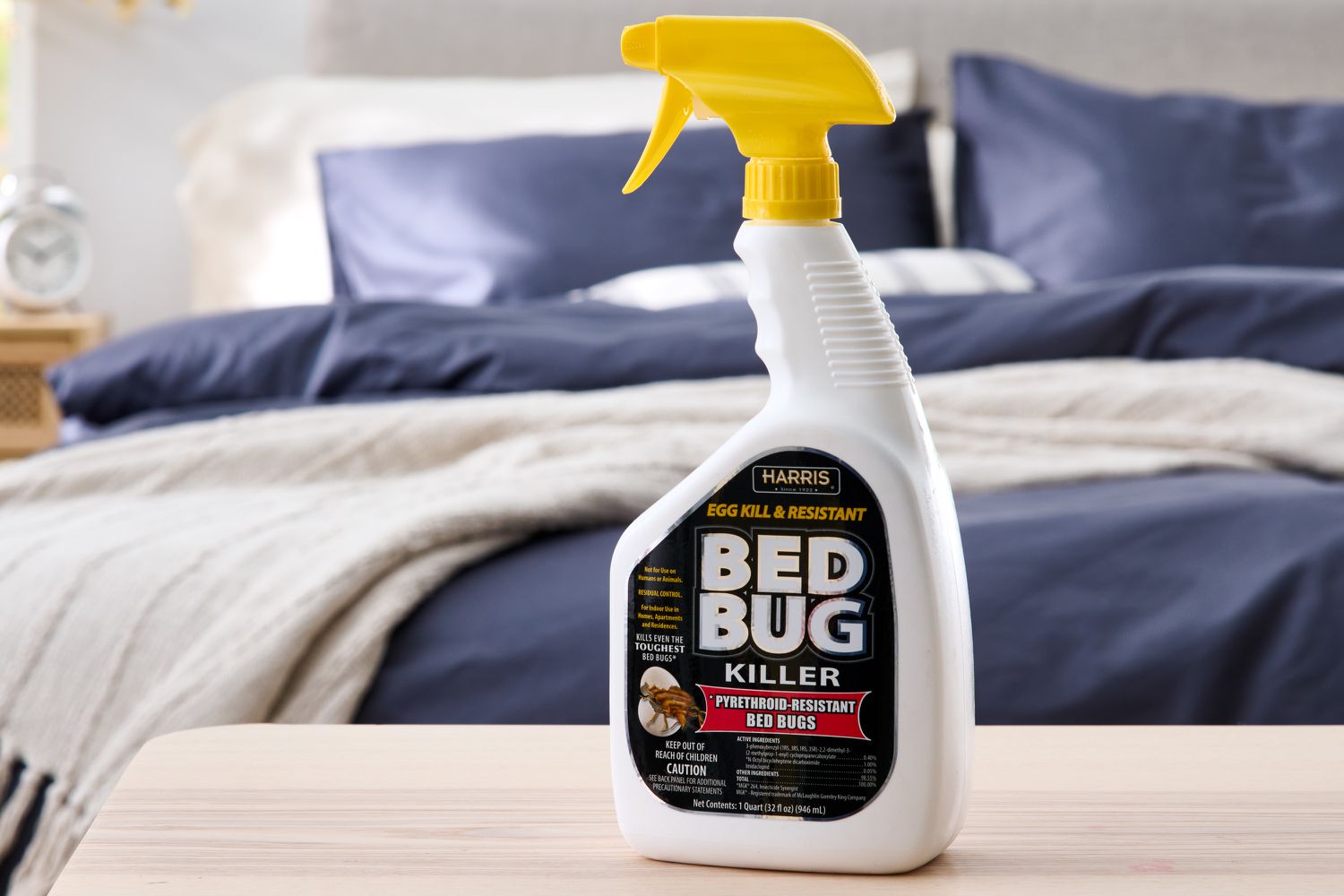

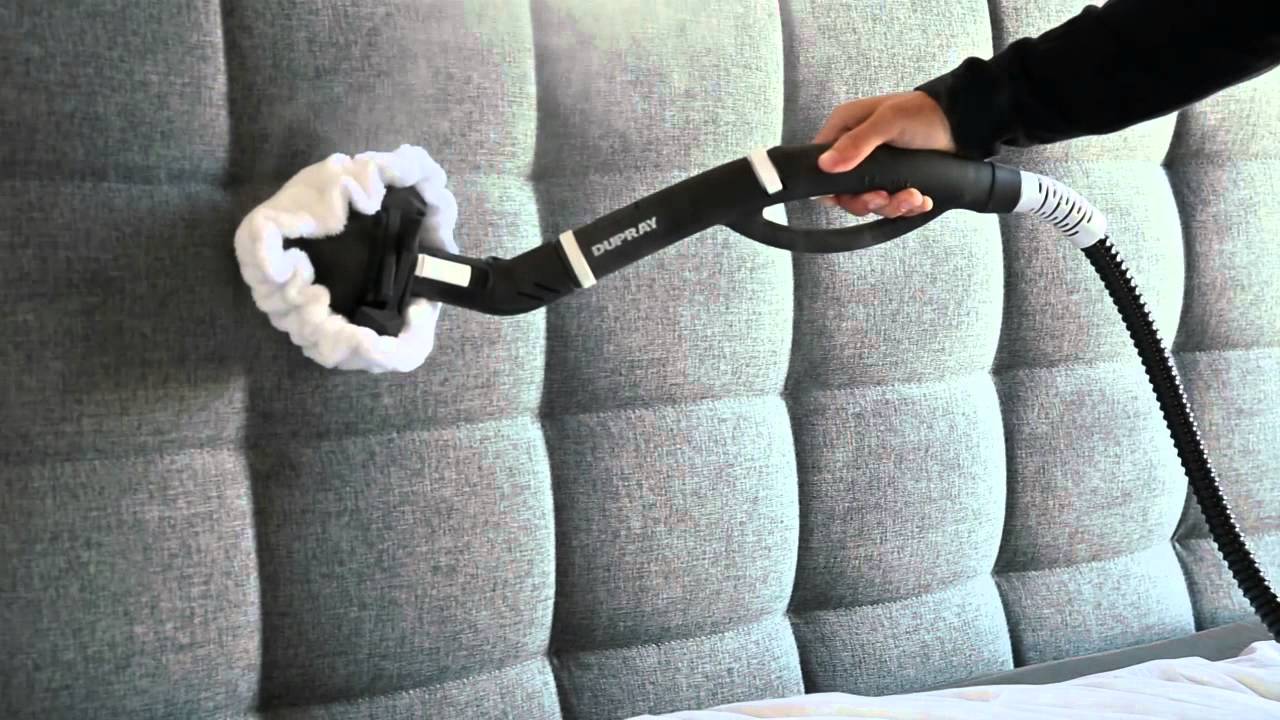
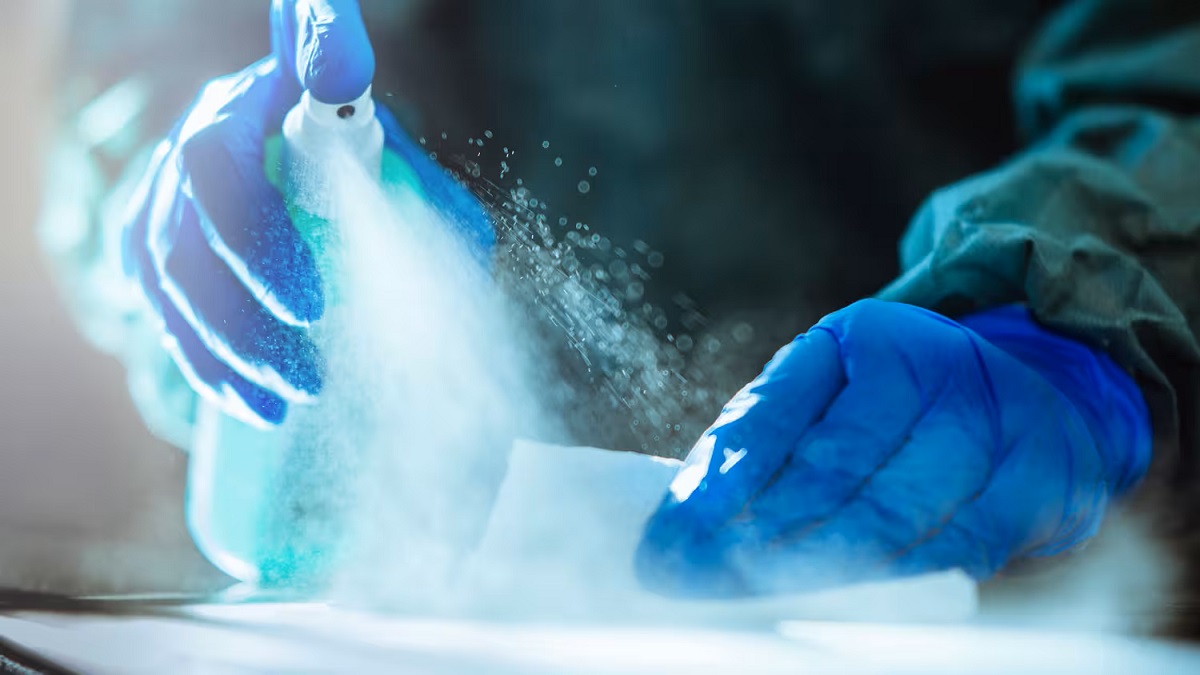
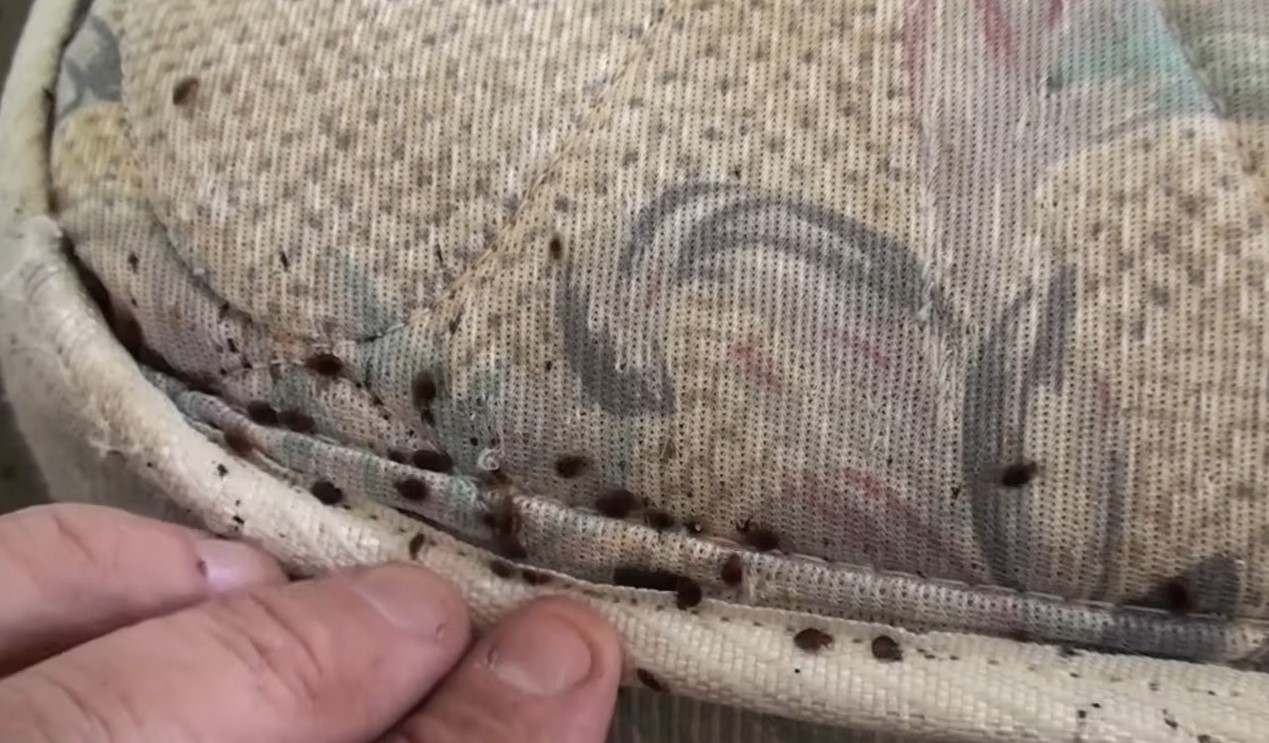
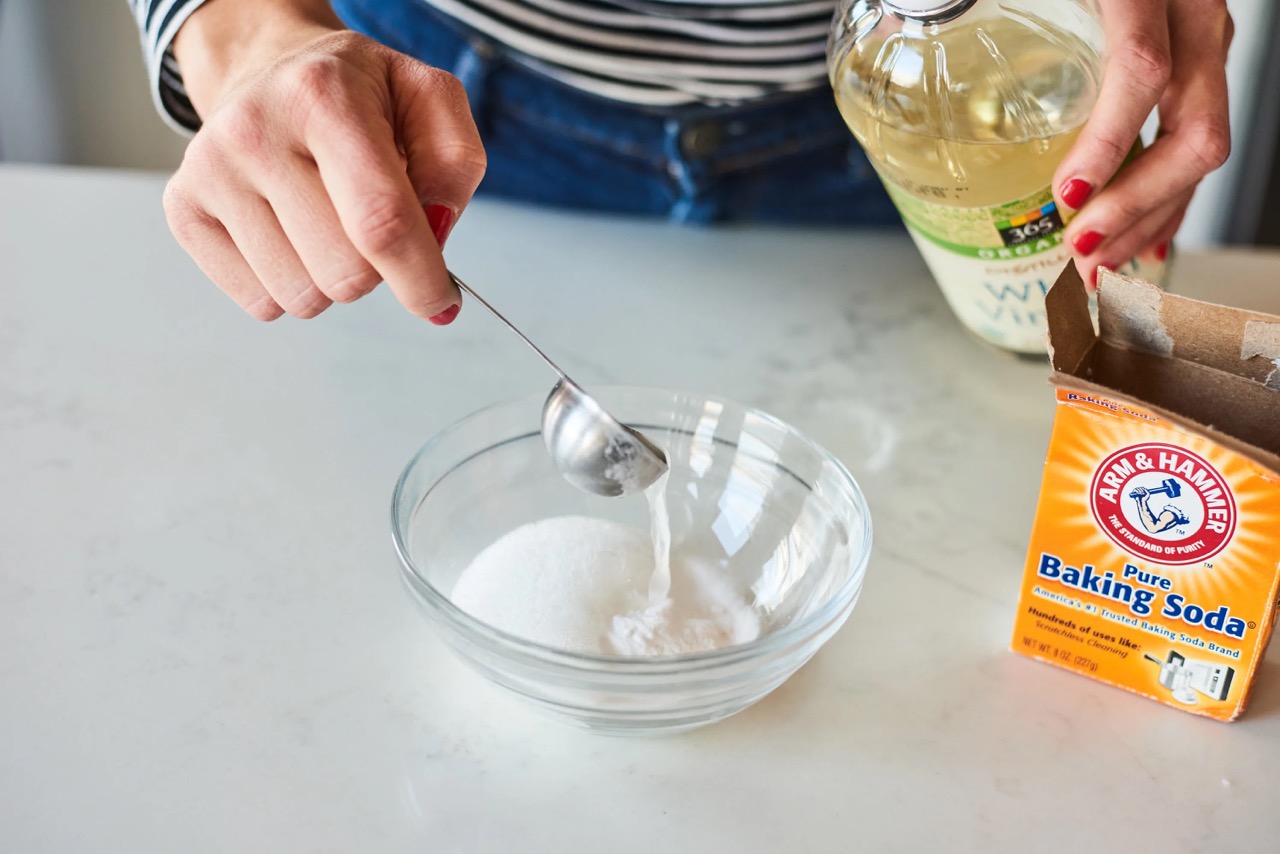

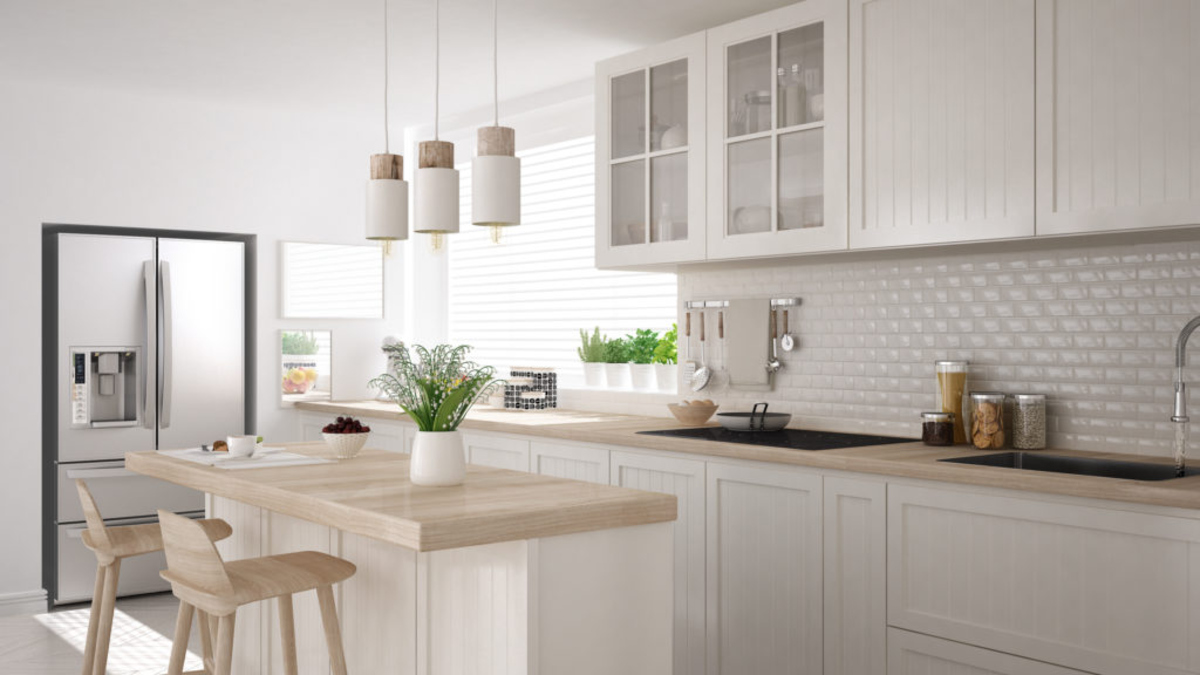

0 thoughts on “Can Baking Soda Kill Bed Bugs? A Definitive Answer”